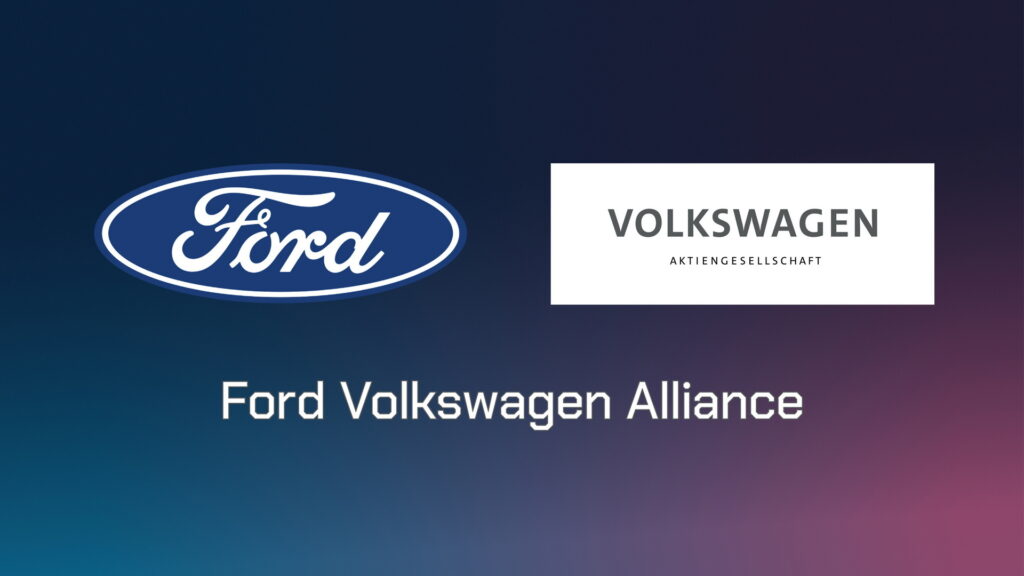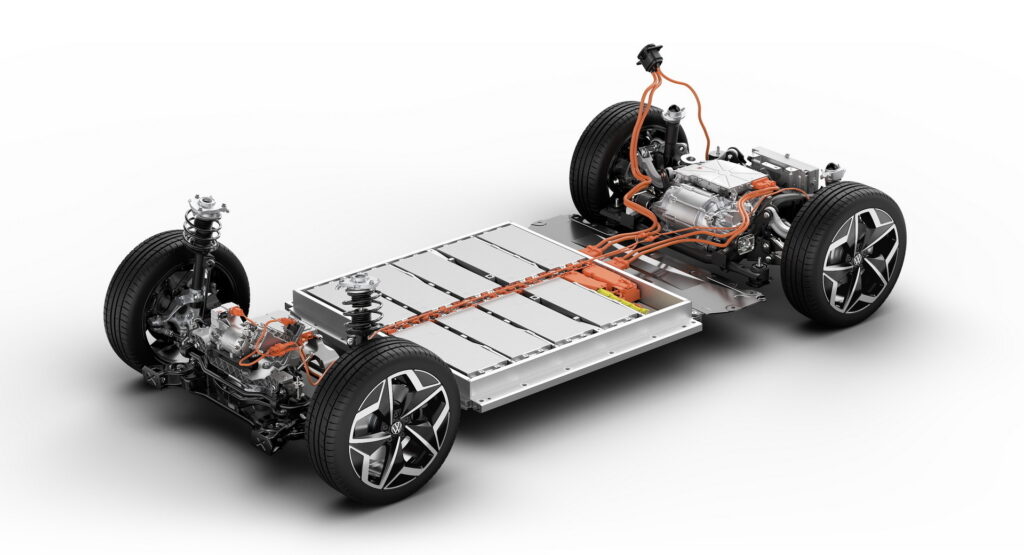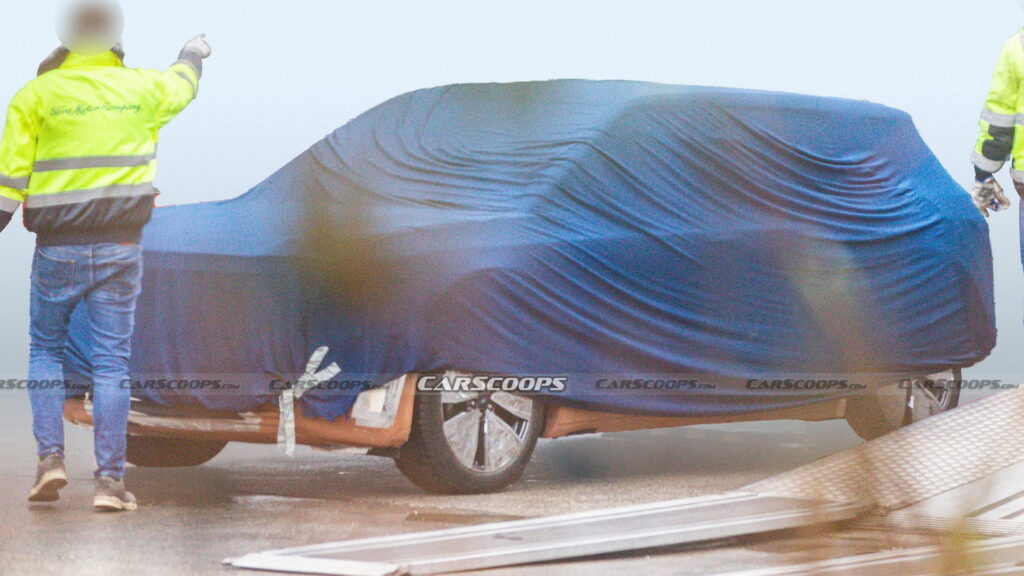Back in 2020, Ford signed an agreement with Volkswagen to use the German automaker’s electric vehicle platform in some of its European vehicles. Now, before the first electric product of that collaboration has even been unveiled, the end is already being foretold.
Starting in the middle of this decade, the automaker’s European branch will start using an EV platform that was developed by Ford instead of another brand. Engineering for the new platform is taking place in the U.S., Martin Sander, Ford’s European head of electric vehicles, told the Financial Times.
The new platform will have “no kind of integration [with VW], it is very versatile, very capable,” Sander said. “We are exploring all kinds of opportunities, how far can we go, what kind of segments can we cover with this.”
Read: Ford And VW Sign Agreements Paving Way For New Amarok, EV And Commercial Vans

Although Ford has not taken a final decision on the future of its relationship with VW, with which it said it would be collaborating on EVs, self-driving, and commercial vehicles, the American automaker currently has plans to only build two EVs on VW’s MEB platform, it would seem.
According to Sander, though, that doesn’t mark the end of all collaboration with other manufacturers. Ford is open to building future vehicles on other manufacturer’s platforms, be that VW or “another company.”
For now, the collaboration between Ford and VW continues in the realm of non-electric vehicles. Ford is still building the Volkswagen Amarok and a commercial van for the German automaker.
With plans to phase out combustion engines by the end of the decade, though, it’s unclear how much longer it will be able to provide that service for VW. And although Ford said it would kill its internal combustion vehicle production by 2030 in Europe, the end could actually come sooner than that.
“We keep them running as long as our customers want them,” said Sander. “If we see in 2028 that there is no demand for [internal combustion engine] products, then maybe we make a call. But at the moment our plan is to keep Puma and Kuga [its two engine-based models] running until 2029, 2030.”





